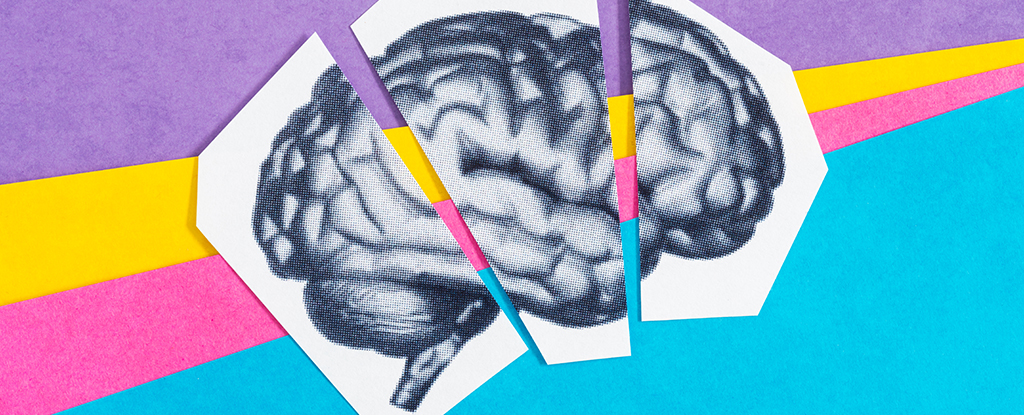Reversing Aging? Protein FTL1 May Hold Key to Slowing Brain Aging

A new study reveals that ferritin light chain 1 (FTL1), a protein, may play a significant role in brain aging, offering a new target for understanding and potentially preventing brain deterioration and disease. Researchers compared the hippocampi (brain regions vital for memory and learning) of mice of different ages, finding higher FTL1 levels in older mice. Experiments showed that increasing FTL1 in young mice impaired memory and learning, while reducing it in older mice improved cognitive function. FTL1 appears to affect neuronal growth by interfering with mitochondria, potentially accelerating brain aging. This discovery opens new avenues for slowing or reversing brain aging and treating neurodegenerative diseases like Alzheimer's.